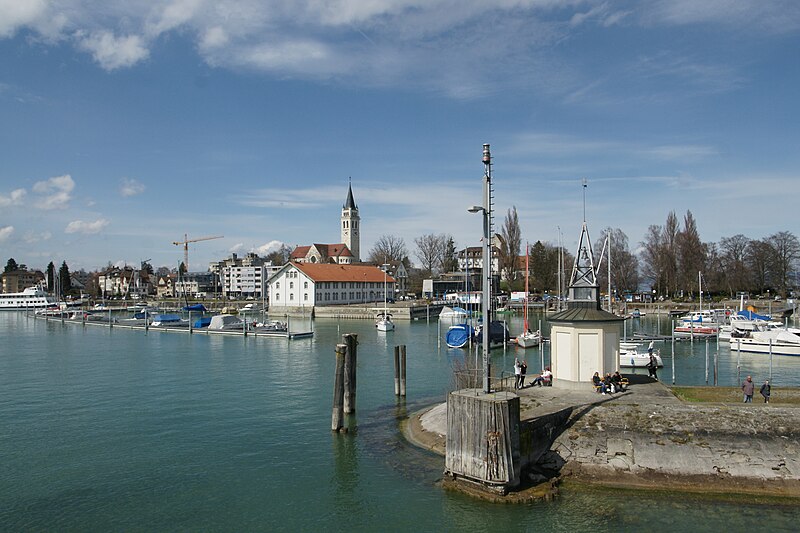Romanshorn, Switzerland, 2 January 2017
Slow start to the day and to the week finds us, the wife and I, having a late breakfast, then walking along the shores of the Lake of Constance.
Here at least it has been a green Christmas season.
In fact, yesterday´s Sonntag Zeitung remarks that Switzerland had never seen a December with so little snow as 2016, one of the ten hottest winters in the past 150 years.
I immerse myself in Café Panem´s newspapers – Sonntags Zeitung and Ostschweiz am Sonntag – as Ute, my wife, drinks tea and reads some light-hearted literature.
A few items grab my attention…
Swiss fashion photographer Hans Feurer, age 77, informs the world that it has been a long time since he has slept with supermodels!
The chimney sweepers of Canton Thurgau are about to be “liberalised”, leaving the reader wonder whether this liberalisation is a bad or a good thing.
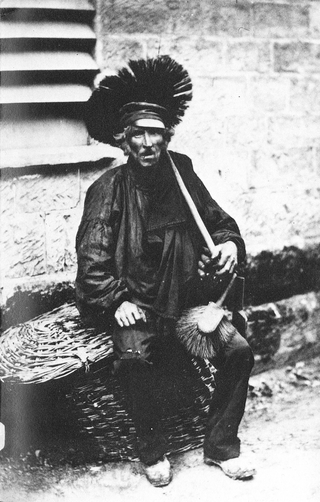
Profiles are done on revolutionary Swiss journalist Hans Konrad Sonderegger and Swiss athlete Ferdy Kubler, praising their past glories and accomplishments.

Psychologist Sigmar Willi of the Fachhochschule (university of applied studies) St. Gallen informs the world that happiness is learned and that even lottery winners are happy for only an average of two years.
Google, Facebook and Twitter are called “Orwellian child´s play”, while cross-border shopping Swiss – “the dream of Singen, the nightmare of Konstanz” – are accused of “cannibalism in shopper´s paradise” depriving Switzerland of 12 million Swiss francs leaving the economy annually.

Canada retains its dominance in the annual ice hockey Spengler Cup championships in Davos and my home and native land is named the #1 travel destination for 2017 due to its 150th anniversary celebrations.

Pretty cool, eh?
Women´s rights remain a strong topic of debate in the newspapers´ articles as Jacqueline Sauvage and Nora Illi are mentioned.
(Jacqueline Sauvage killed her abusive husband who had beaten and raped her consistently over their 50-year relationship.
She was sentenced to 10 years in prison in 2014, but was pardoned of her crime by the French President in January 2016.
Jacqueline is a 68 year old French national.)
(Nora Illi, a Swiss woman who converted to Islam when she was 18, appeared last year on a German talk show on ARD station dressed in a niqab, generating much controversy both in Germany and in Switzerland.)

But what caught my attention was an article about how more and more Turks no longer feel that Turkey is their home since Erdogan has been in power.
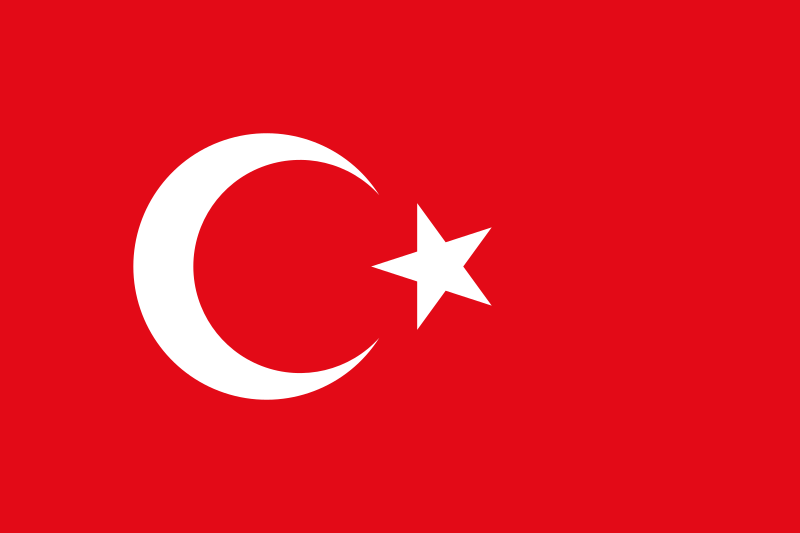
(This has coincided with reading on Facebook how many Canadians don´t “feel Canadian” as the 150th anniversary of Confederation approaches.)

(Of course, the native Original Peoples of Canada have legitimate complaints as to how their land was stolen from them by marauding Europeans…)
Which has led me to think about…
What does one´s country actually mean and when does one consider a country no longer their own?
I have had the pleasure and privilege of visiting Turkey on two separate occasions, back in 2004 and last year.
The first trip was a Thomas Cook type venture with my wife, vacationing along the Turquoise Coast in Pamukkale, Antalya, Kemer, Alanya, Side and Myra.





The second trip, on my own, had me visit Istanbul, Antalya (for my friends´ wedding) and Egirdir.


Questions that seemed to dominate in 2004 are now front and centre in 2017…
Where does Turkey fit into the world?
What sort of a country should Turkey be?
What role should Islam play in Turkish life?

What sort of future does Turkey have?
Before 2004 I thought little about Turkey.
In my role as an English teacher I occasionally had Turkish students but somehow I thought of the Turkish people, not as founders of a great modern nation, but as kebab dealers and taxi drivers and carpet sellers in German cities where I resided.

Though Canada does have its own Turkish ex-patriate communities I somehow failed to see them during my days back home.
Turkey was a faraway place, which seemed to me then to be named for a bird eaten at Christmas!
I was more prone to having mental images of “take me back to Constantinople” and St. Paul wandering around the Ephesians, then knowing even the basics of who Kemal Atatürk was or that the Turkish capital is Ankara.
Above: Canadian singing group The Four Lads, famous for their hit single “Take Me Back to Constantinople”

Above: Ottoman Sultan Mehmed II “the Conqueror” enters Constantinople, 29 May 1453
One must never forget Turkey´s location – where West meets East, Europe meets Asia – the lynchpin of the world, its crossroads, its crucible.
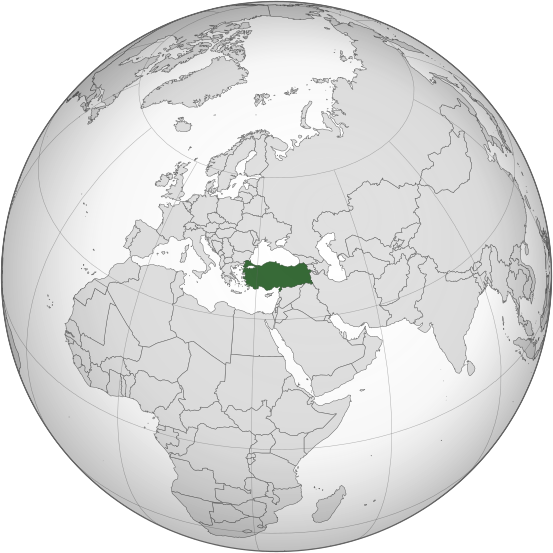
So its vulnerability is its strength and vice versa.
Turkey is Europe – over 5 million ethnic Turks live in Europe and Turkey craves membership in the European Union…

Yet Europe sees Turkey as Asian.
Turkey is an Islamic country yet remains stubbornly secular…a complicated situation, for though Turkey would like to be known as a bridge between faiths, a post 9/11 world forces Turkey to realise that this secularism exposes it to dangers from perils like ISIS.
Turks take pride in their democratic freedom of religion and conscience but wonder if the integrity of their values and traditions is not being undermined by this liberty of thought.
Though the Turkish Constitution guarantees this freedom, it also recognises that faith is one of the bonds of citizenship, so religious and ethical instruction remains mandatory in primary and secondary schools.
Osama bin Laden, in one of his infamous post 9/11 video appearances, exclaimed that he was out to avenge “eight decades of pain, humiliation and shame”.

Turks knew he was talking about them, for it was the creation of the Turkish Republic in 1923 and the decision of Atatürk to remove religious law from state bureaucracy and replace this with a Swiss-inspired civil code which abolished the Caliphate – the leader of the world Islamic community and the role enjoyed by the Ottoman sultan – for believers like Bin Laden that had led to the demoralisation and corruption of Islam and its followers.

Above: Ottoman Sultan Abdulmecid II, the last Caliph of Islam
So let´s look at the fellow that caused the Caliphate to collapse…
Portraits of Mustafa Kemal Atatürk (1881 – 1938) are everywhere in Turkey: in schools, public offices, private businesses and many many homes.

Atatürk is George Washington, Winston Churchill and FDR…soldier, statesman, a Great Man, in the eyes of many Turks.
At the end of the First World War, when the Ottoman Empire was being carved by the Allies and Istanbul occupied, Atatürk led a movement of national resistance and reclaimed much of what is today´s modern republic.
Atatürk then gave the new state a determinedly modern look.
The capital was moved from Istanbul to Ankara, the fez was forbidden, women were encouraged to enter more fully into public life with the veil becoming less common, the calendar was altered wherein Saturday and Sunday became the weekend and the Latin alphabet replaced Arabic script.

Though Atatürk was chosen as president by the National Assembly, he held the post dictatorially until his death in 1938, purging his enemies and brutally supressing rebellions.
Atatürk, for all his many faults, gave Turkey its pride and established it as a nation.
The Turks are proud of their country and what they have accomplished, but…
Even today one senses the country in a state of permanent revolution…
To be continued…
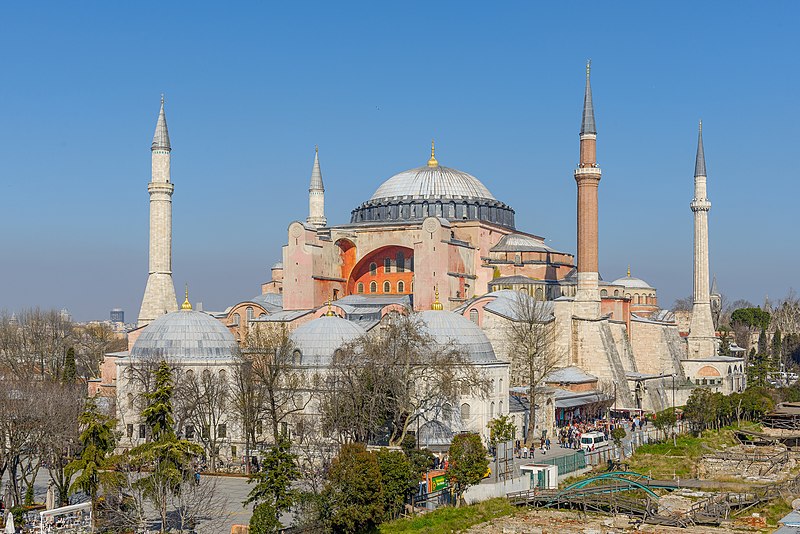
Sources: Sonntags Zeitung, 1 January 2017 / Ostschweiz am Sonntag, 1 January 2017 / Lonely Planet Turkey / Andrew Finkel, Turkey: What Everyone Needs to Know / Wikipedia
